World IPv6 Day is on 8 June 2011. On this day, a lot of organisations, including some of the most popular ones like Google, Yahoo and Facebook, are going to provide IPv6 addresses for AAAA queries for their websites. This will make content available over IPv6 for one full day. Since DNS responses are often cached, some users won't see this change immediately. In this article we look at how DNS caching affects the start of World IPv6 Day, and how World IPv6 Day participants can minimise these effects.
Almost all users access websites by using the name of the webpage. Typically, the user's web application (such as a browser) will send DNS queries to a caching DNS resolver which is provided by the user's ISP. The caching resolver will do recursive queries to find the address of the website, return the answer to the user, and also cache the answer. If another user asks for the same website's address, the resolver doesn't have to go looking for the answer; it already has it in its cache.
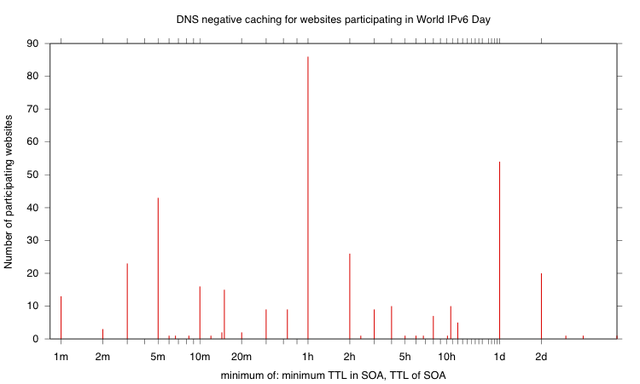
Figure 1 shows the values for negative caching of DNS resource records for websites listed in ISOC's list of World IPv6 Day participants, on 30 May 2011. The negative caching values we found include 60 seconds at the low end. Other frequently recurring values are 5 minutes, 1 hour, 2 hours, 1 day and 2 days even! If in the upcoming week these values don't change, a substantial fraction of websites could still be seen as single-stacked up to an hour after they publish both A and AAAA records. Some websites may not be visible to some users for a full day or more! However, we expect a lot of the participants to lower either the minTTL value in the SOA, or the TTL on the SOA itself in the coming days, so the effect of negative caching remains minimal.
Note that BIND has an option called max-ncache-ttl , which defaults to 3 hours. This prevents most standard BIND resolver installations from caching negative responses for more than 3 hours. This helps to work-around the large negative caching TTL values that some zones publish.
Conclusion
In this article we look into how DNS negative caching affects the start of World IPv6 Day, which is something World IPv6 Day participants should be aware of. We show that with the current settings, some World IPv6 Day participant can expect caching to happen for multiple hours. We hope that people that currently have long negative caching periods had planned to change DNS settings in the coming days, if not, it's not too late!

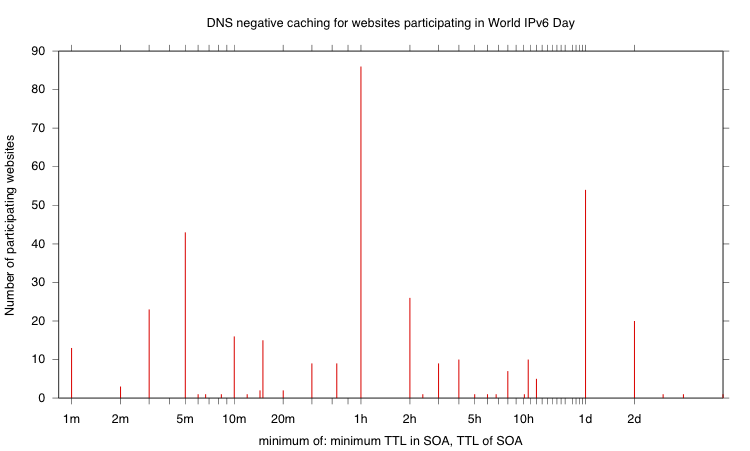
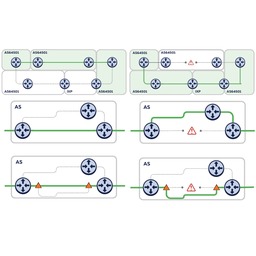
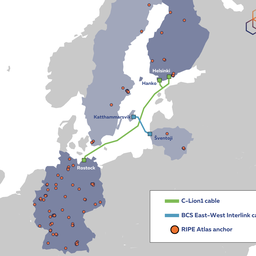
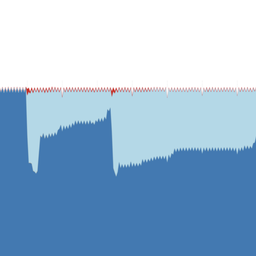
Comments 4
The comments section is closed for articles published more than a year ago. If you'd like to inform us of any issues, please contact us.
Anonymous •
To a certain extent, negative caches will control the "ramp up" and TTL will control the ramp down for that day. This may be desirable by the content operators.
Anonymous •
Absolutely, but 1 day or more may push that limit a bit. :)<br />Also for people measuring and/or debugging things on World IPv6 Day this ambiguity-period doesn't help, so for these people (including me) making it as short as possible would be desirable.
Anonymous •
BIND imposes a configurable upper limit on the negative TTL<br />(max-ncache-ttl in options), with a default of 3 hours.<br />Probably most people won;t have changed that.
Anonymous •
Yes, we tried to make that clear in the article, hope the yellow box wasn't confusing. ;)<br />The BIND cache default still makes for up to 3 hours of ambiguity of whether a host received or didn't receive a AAAA, for hosts that have SOA TTL or minTTL in SOA of > 3h.